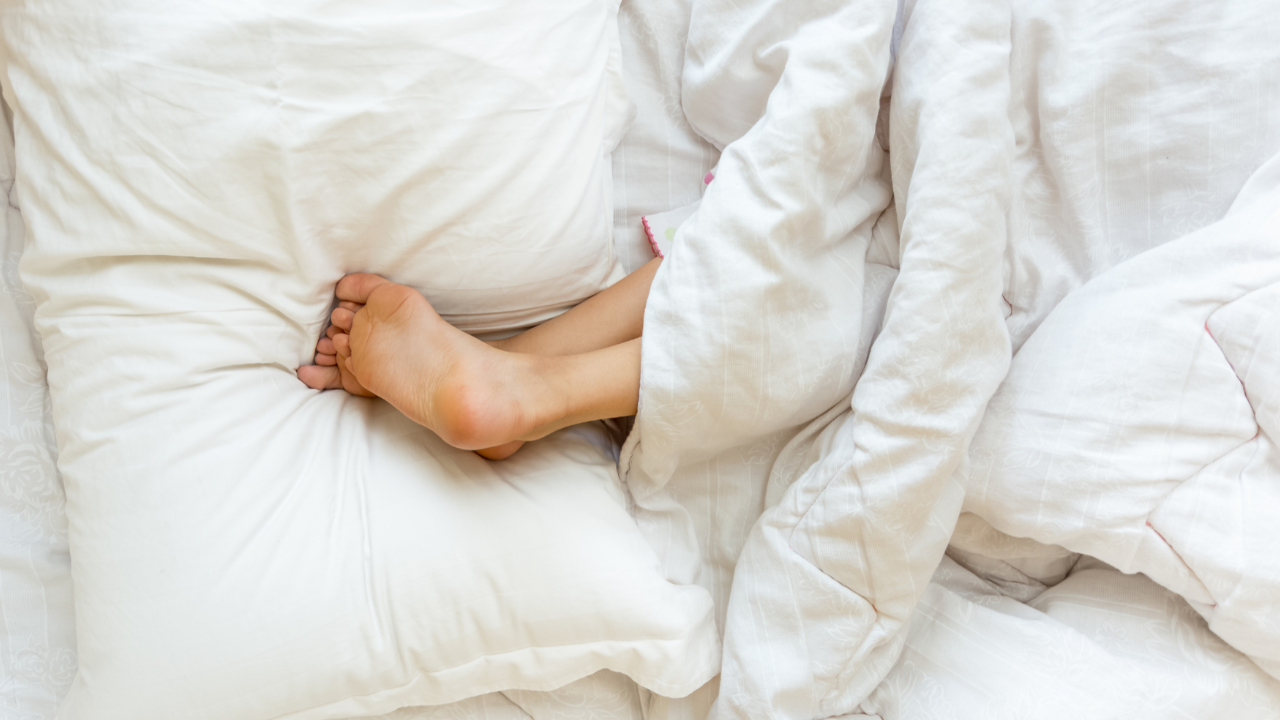
10 Small Changes to Transform Your Sleep — and Support Your Mental Health
Sleep and mental health are deeply connected. When sleep suffers, so does our ability to think clearly, manage emotions, and cope with daily stress. Unfortunately, many of us are increasingly struggling to get the sleep we need.
Why? Our nervous systems evolved over millions of years to keep us safe from threats. Sleep is a vulnerable state, so our bodies developed smart mechanisms to protect us: we sleep in 90-minute cycles, briefly waking between each to check our safety, and we avoid deep sleep when we feel exposed.
But in today’s world, that same system is constantly triggered by modern stressors: emails, work pressures, and an always-on digital environment. Our brains interpret these as threats, keeping us in a heightened state of alert, making restorative sleep harder to achieve. The result? Widespread poor sleep and rising mental health challenges.
The good news is, you can take back control. Small, consistent habits can calm your nervous system, align your body clock, and lay the foundation for better sleep and mental wellbeing.
Here are 10 science-backed habits to get you started:
-
Optimise your environment — Keep your bedroom cool (16–18°C), dark, and quiet to support deep, uninterrupted sleep.
-
Align with your circadian rhythm — Wake and sleep at the same time every day, even at weekends.
-
Get morning sunlight — Natural light in the first 2 hours of the day boosts alertness and helps reset your sleep-wake cycle.
-
Time your caffeine — Enjoy it early in the day; avoid it after 2–3pm to protect your night-time sleep.
-
Exercise regularly — Movement improves sleep quality, reduces stress, and supports mood.
-
Calm your nervous system — Use a consistent wind-down routine with dim lighting, a warm bath, and breathwork or mindfulness practices. Try our Body Scan technique - proven to help you unwind.
-
Minimise alcohol — While it may help you nod off, it disrupts the quality of your sleep, especially your dreaming sleep.
-
Reassess your tech use — Blue light isn’t the real issue; it's the mental stimulation. Avoid emotionally triggering content and switch off notifications before bed.
-
Make time for sleep — Don’t cut it short. Prioritise at least 7–8 hours of opportunity each night.
-
Seek support if needed — If healthy habits aren’t enough, you might need targeted support. Evidence-based treatments like CBT-I really work.
Want to dig deeper? Read more on how sleep affects anxiety or take our Sleep Diagnosis Quiz to learn what your body needs to rest and restore.
Your brain, body and mood will thank you for it.
Join our mailing list below to get exclusive early access to
free educational content, tools and other goodies!
We won't send spam. Unsubscribe any time.

